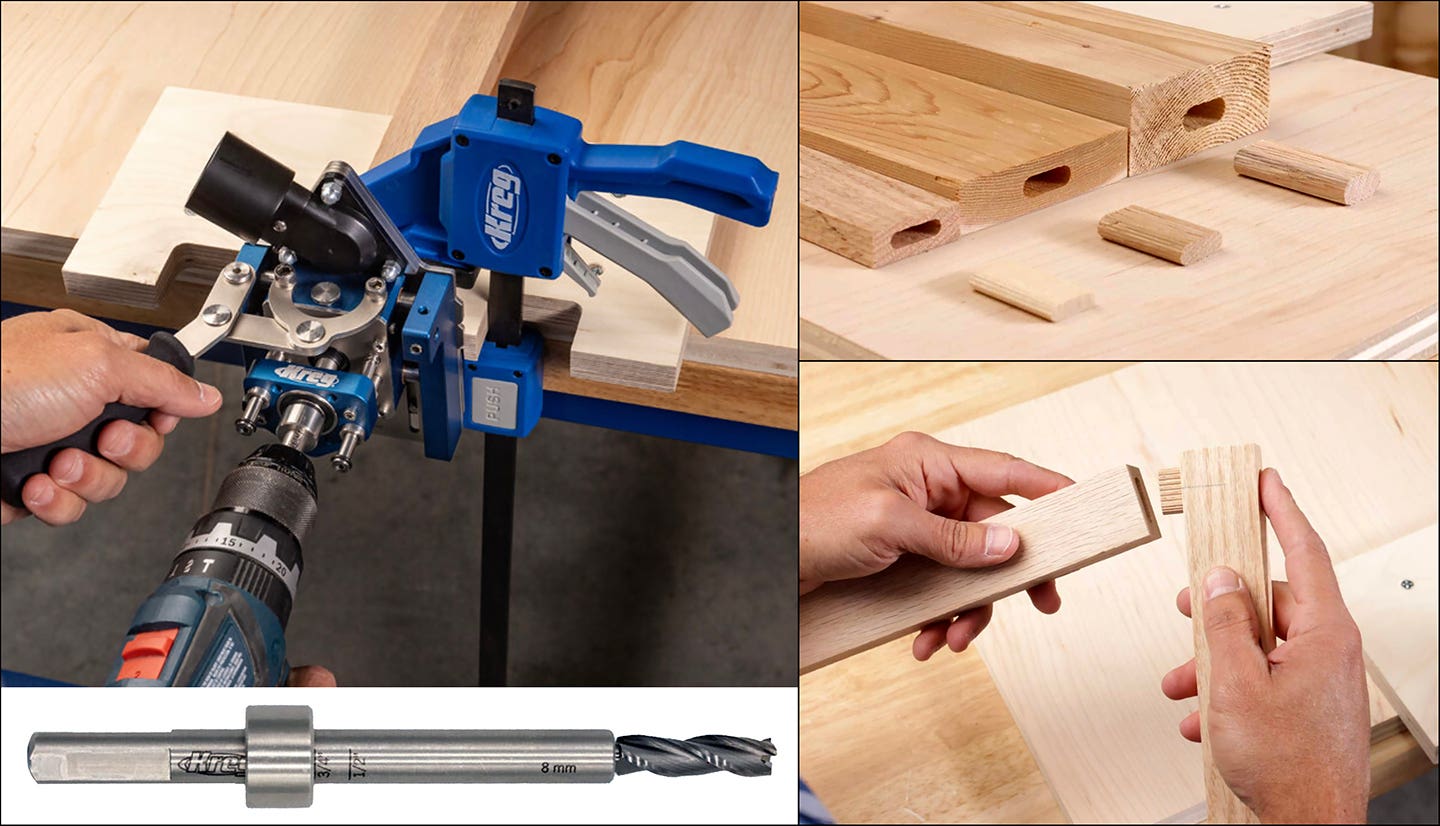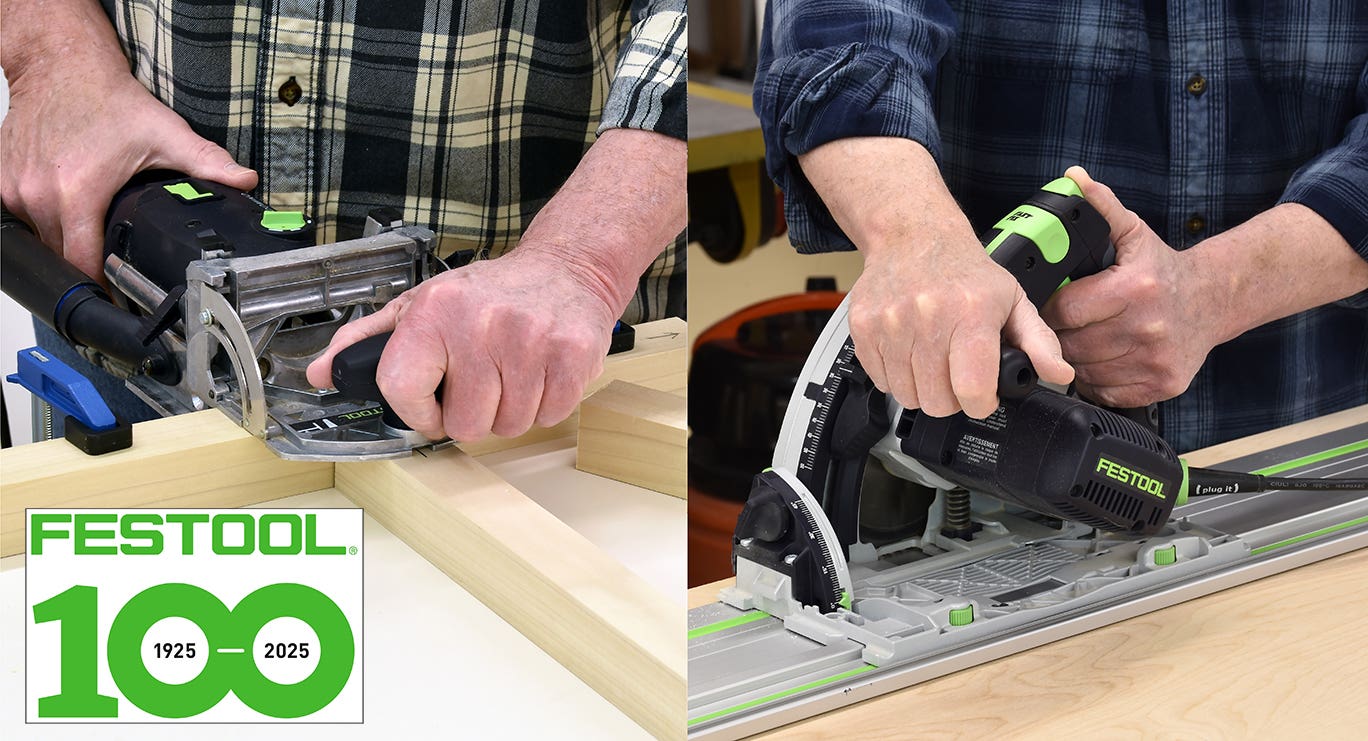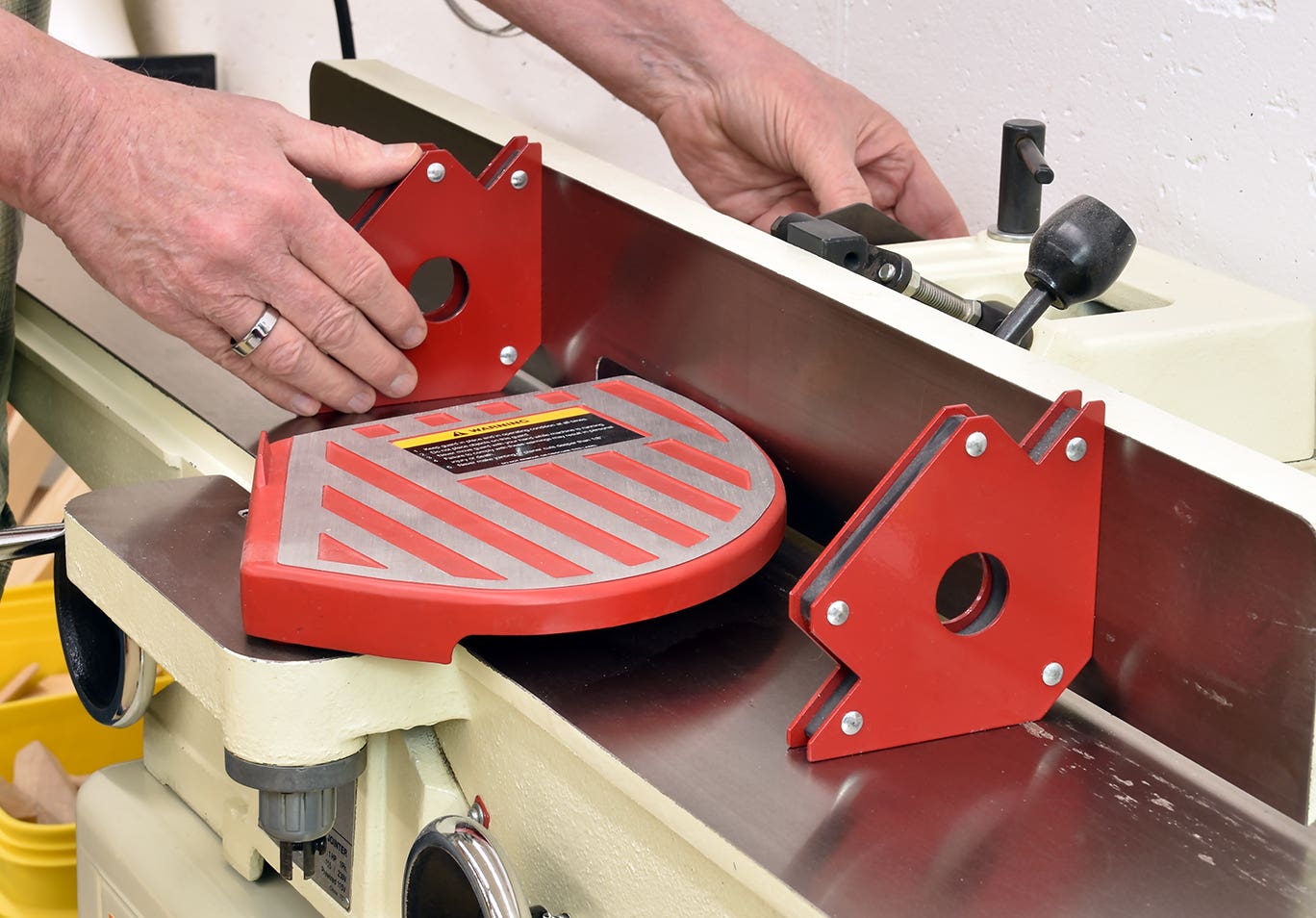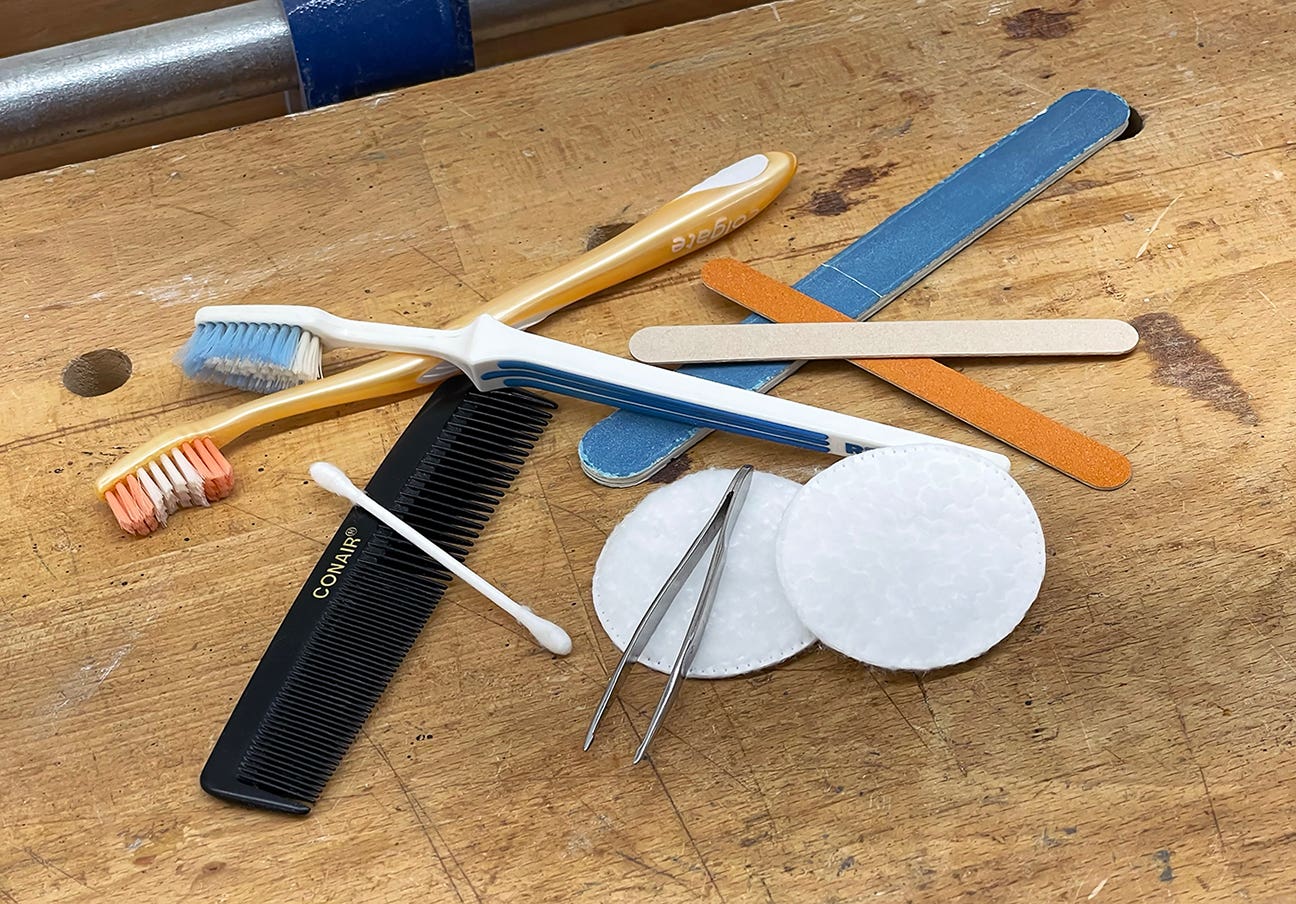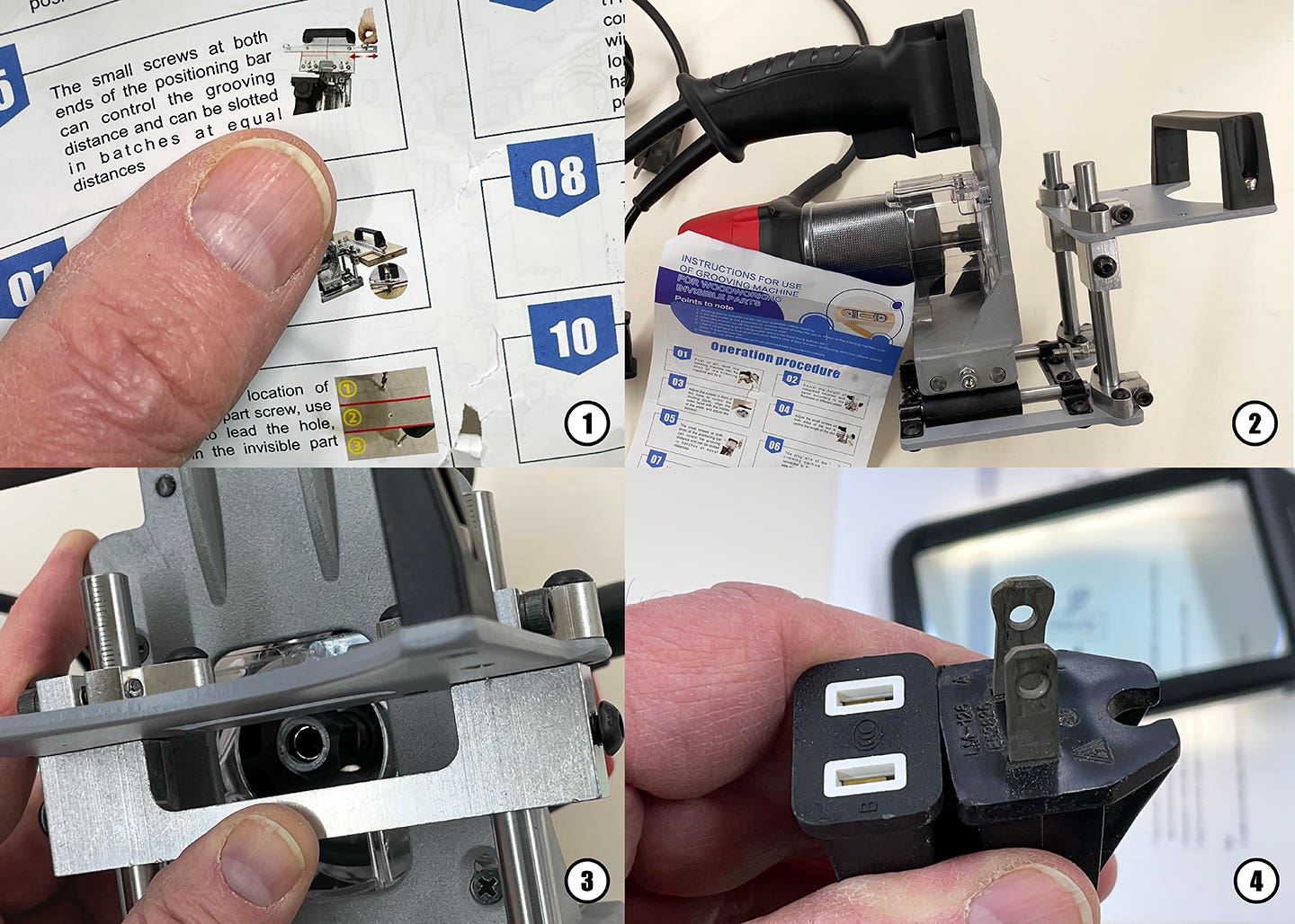Local hardware stores thrive on familiarity
While attending IWF 2008 in Atlanta in late August, I spent the first day visiting more than two dozen hardware booths, speaking with product managers about what new products were…
While attending IWF 2008 in Atlanta in late August, I spent the first day visiting more than two dozen hardware booths, speaking with product managers about what new products were hitting the U.S. market (“The innovation continues”, page 38). I saw all types of easy-open drawers and doors, various LED lighting options, elaborate storage systems for large closets and garages, a drop-down oven at the push of a button, and a host of other items that went way beyond your basic drawer slides, guides, pulls and knobs.
Products from manufacturers were obviously designed for the high-end residential market, while distributors had items that were suited for both the middle and high-end shops. So this is the new world of hardware, I thought.
When I was a kid, every town had its own drug store, grocery store, department store, ice cream shop, lumber yard, and of course, a hardware store. There weren’t any chain pharmacies, fast-food joints or big box stores back then.
Through the years, the small specialty stores have all but disappeared, yet most towns have somehow managed to retain a hardware store. But the funny thing is, of the nearly 200 companies displaying “hardware” at IWF, hardly any of their products can be found in my local hardware store. So I got to thinking, what the heck is hardware and what is a hardware store supposed to be?
I’ve been walking into my local hardware store for more than 50 years. The old building is dusty, has creaky floors, different smells from aisle to aisle, customers asking where certain products are, and clerks wandering around trying to find them. The store maintains a bizarre atmosphere of controlled chaos.
Many of the faces have changed, others show that time certainly has passed, but it’s always a great place to shoot the breeze on a Saturday morning with a neighbor or someone you haven’t seen in a long time. My brother worked there for awhile and a friend down the street works there today.
For me, the hardware store remains the one-stop shopping place to fill the needs of all the DIY, Mr. Fix-it jobs. If you need a few nails or screws, a bucket of paint, fertilizer for the lawn, fluorescent light bulbs, a rake or snow shovel, a coil of wire or a cheap tool, it’s all at the local hardware store. My last purchase was a 1-1/2" cotter pin for 21 cents. And where else could you possibly receive a “secret recipe” that took care of my lawn’s mole population.
I don’t know about you, but the only place in my lifetime I have ever had keys made is at the hardware store. As a tiny kid, I vividly remember looking up at some big burly guy behind a counter grinding new keys, and I wondered how this magic trick was performed so that when we got home the key would fit exactly into the door lock. It was amazing.
But how have small-town hardware stores survived the existence of big box stores? It’s certainly not because they have cheaper prices. And they obviously don’t have nearly the selection of products that the larger stores have.
My hardware store doesn’t have a Web site; you can’t shop online and there aren’t any shareholders. It was founded decades ago and has been owned by the same family through all the years. It’s still a place to step back in time, but also walk out the door with what you wanted — and often with something you never intended to buy.
People love to preach that change is good. However, simplicity and familiarity also have their merits. Maybe I just like walking into the place, but for whatever reason, I’ll continue to visit my hardware store whenever I can. And that may be the answer to why it’s still around. I consider it my hardware store, and a lot of other people probably feel the same way.
This article originally appeared in the November 2008 issue.


